Orientation is a skill in its own right. And there are tools to work with it, including cognitive science who can help you!
That's it, the first Parcoursup results have just been released! Even though the platform changes, the excitement, the apprehension, the anxiety, even sometimes, are as intense as ever.
Orientation, throughout life
Who has not felt their heartbeat accelerate, a few seconds before knowing the answer from the school of their choice? Nothing could be more normal than that: we all know instinctively that orientation is a major, structuring choice for our future. And yet, orientation is not only a question that arises at the time of the baccalaureate. On the contrary, orientation takes place more and more throughout life. Transition periods are multiplying: we are reorienting ourselves from one sector to another, we are converting from one profession to another... From bridge to bridge, apprentice linguists discover a passion for physics, consultants with ten years of experience open a bakery.
Knowing how to find your way around is therefore truly a 21st century skill. And like all skills, this one must be worked on over time.
Get to know yourself
We often hear that in order to find your way around, you must first know yourself. True, but it takes more than that. Whatever our personality, we all benefit from developing the attitudes, behaviors, and best practices that will help us be more satisfied with our choices.
Ask yourself the right questions, for example: am I sure I have learned enough when I say I have found my “vocation”? Do I know all my opportunities, all my gateways well? Am I sure that I am making this choice for my own reasons, not to please my loved ones, or to conform to the image others have of me? Know where to find the answers, next: if I want to imagine the quantity of work in a sector, do I interview the people who are best placed, namely those who are currently there; or do I rely on hearsay on the Internet? Negotiating transitions, finally, because choosing is only the first step: How will I learn to learn better, so as not to find myself lost in the face of notions that I have never seen before?
Know the field of possibilities
Beyond these transversal skills, anyone who wishes to orientate himself in full knowledge of the facts needs a precise, concrete vision of what will await him in the sectors envisaged.
What does it mean, basically, to study in college? In prep? Same for specialties: what do we do in psychology? in STAPS? Just because I like to serve and am good at science doesn't mean I'm going to enjoy my medical studies on a daily basis, for example. Rather than approaching the paths that interest us timidly, from afar, with more or less well-thought-out reasoning, we would benefit from fully immersing ourselves in them, in experiencing them, in short, in projecting ourselves “as if” we were already there. It is this living knowledge that then allows us to return to introspection: did I like it? Can I see me there in two, three, five years? We emerge from this transformed process, both in our view of ourselves and in our understanding of the world of possibilities.


It is therefore clear how good orientation, more than just access to information, requires achieving real change, developing embodied knowledge and solid skills. And for this change as for so many others, the cognitive science are a valuable ally. By relying on the pillars of sustainable learning ( regular tests on diversified cases, enough spaced out in time...), you will build robust skills that will allow you to regain control over your (re) orientation, throughout life.
For those who are planning to enter the first year of medicine, in STAPS or in a psychological degree, the discovery paths Dunod immerse high school students in a few selected pieces of first-year courses so that they can confirm their choice of field in full knowledge of the facts.
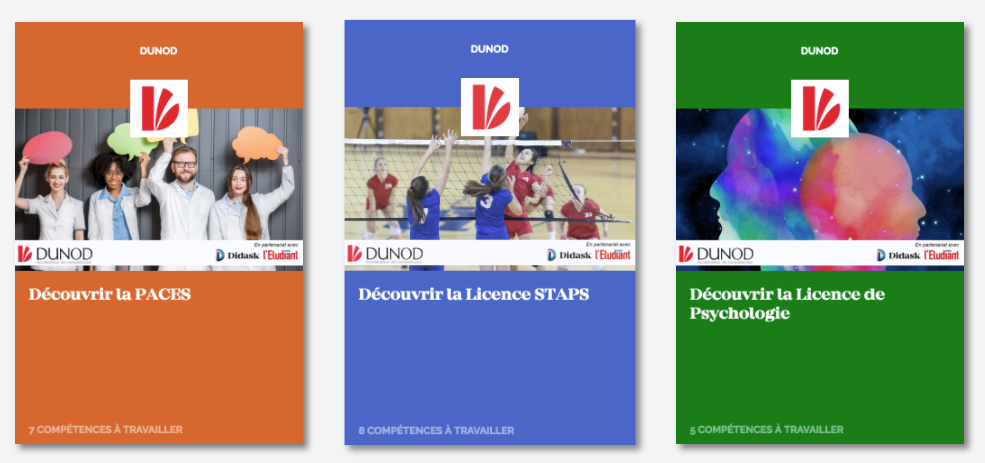

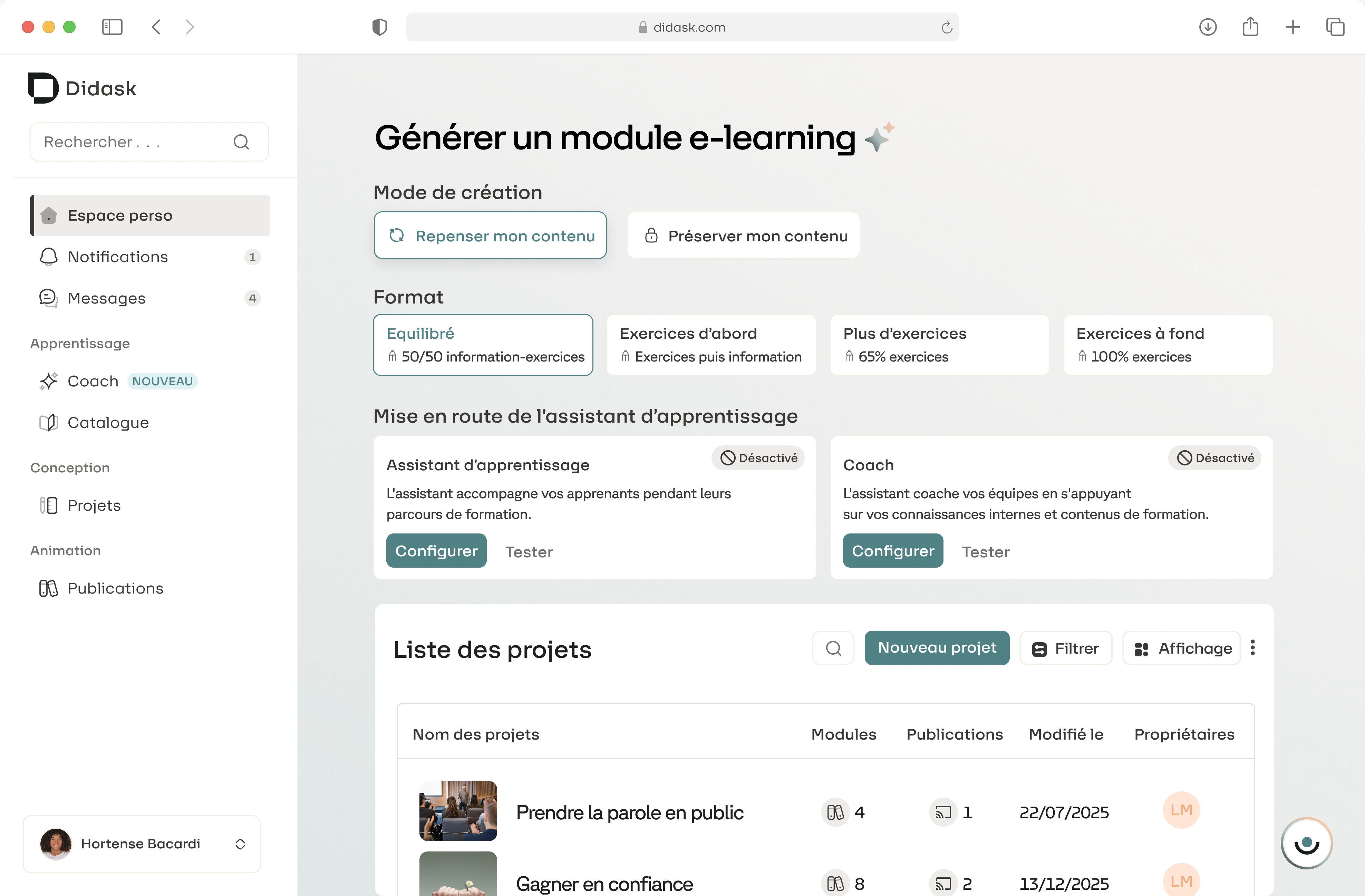
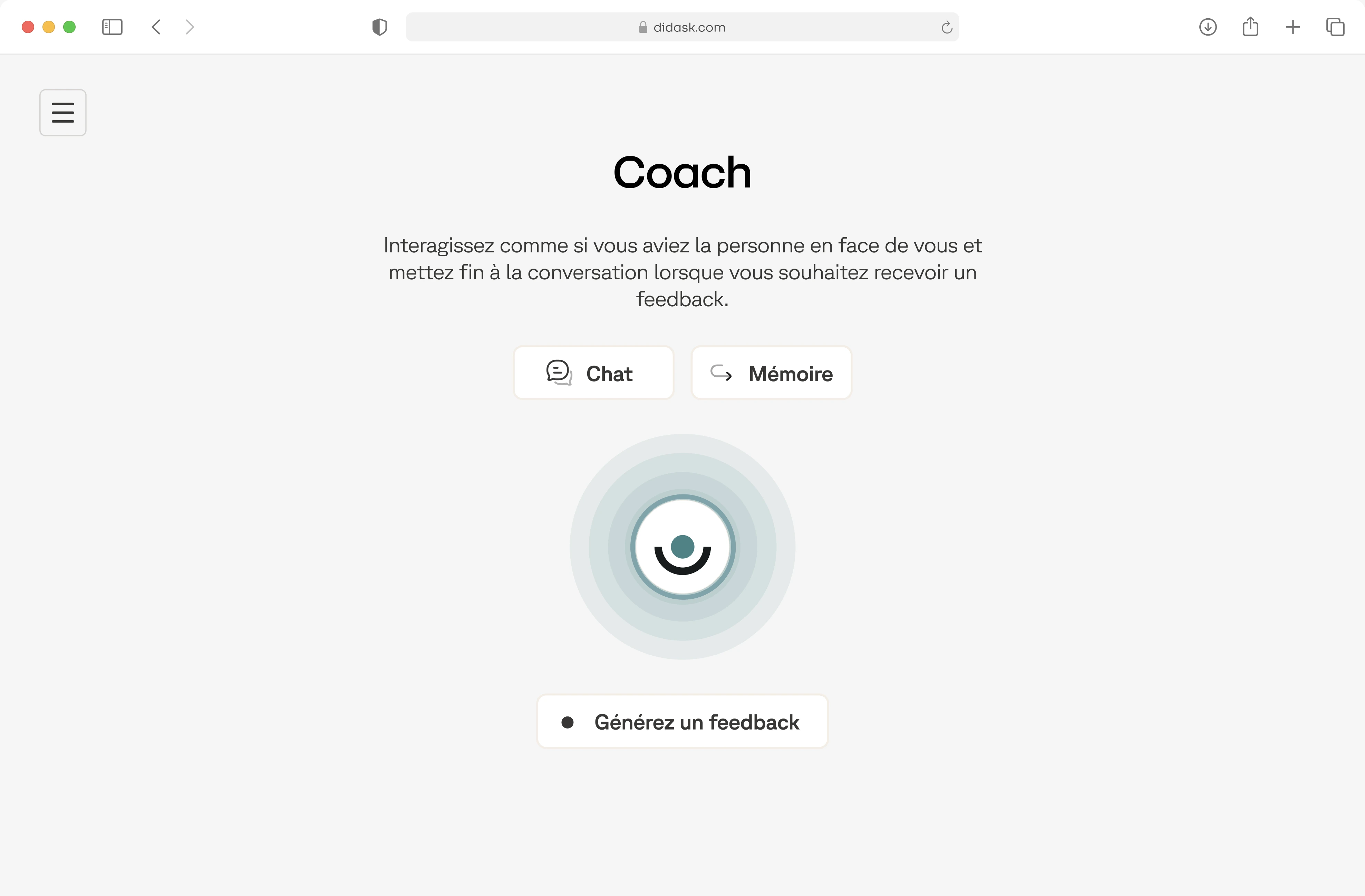
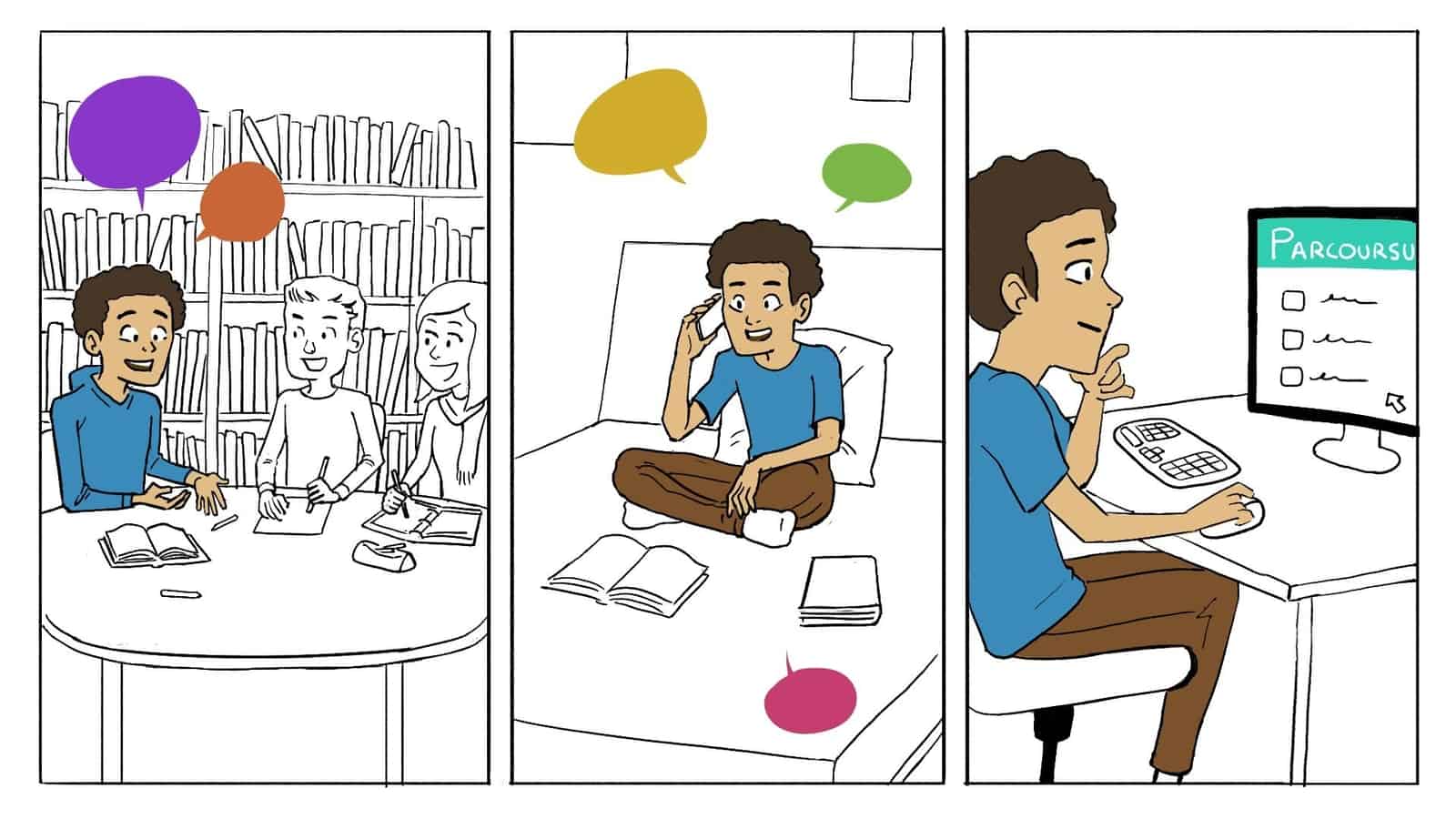



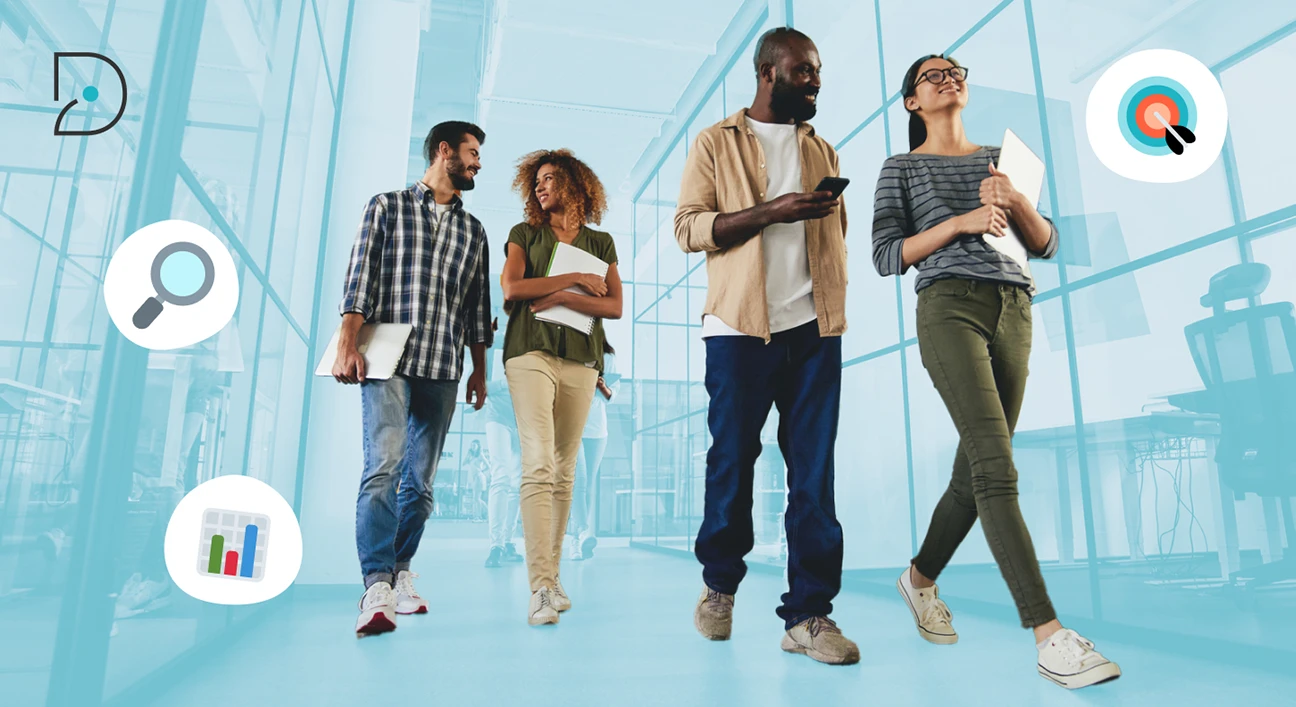

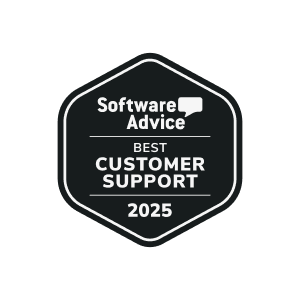
.png)